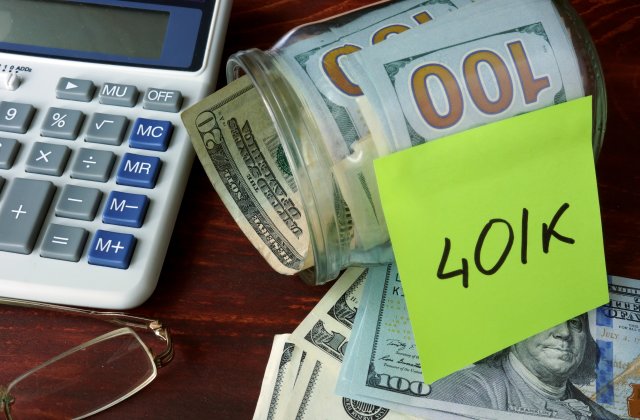Withdrawing money from a 401(k) before age 59 1/2 is usually an extremely expensive proposition since you’re hit with a 10% tax penalty on your early distribution.
The CARES Act aimed to change that by allowing you to take a penalty-free withdrawal of up to $100,000, or 100% of your vested account balance – whichever is less. While this special rule applies only to COVID-19 related distributions in 2020, it takes some of the sting out if you have to tap your retirement accounts early.
But just because you won’t owe a penalty if you withdraw your money early doesn’t mean doing so is cost-free. In fact, there could be a huge price tag associated with raiding your retirement accounts, but you won’t pay it now. Your future self will incur the cost when your retirement account balance is much smaller than it could have been.
The cost of an early 401(k) withdrawal is shockingly high
When you take money out of a 401(k), you aren’t just reducing your retirement account by the amount you’ve withdrawn. You’re also losing all the returns that money would have produced if it had remained invested. The impact of that decision varies depending how much you take out and how close you are to retirement, but it can be a surprising amount.
The Center for Retirement Research at Boston College found average wealth at retirement is around 25% smaller because of “leakage,” defined as including cash-outs, hardship withdrawals, and loan defaults. And that was before the CARES Act made it easier to both borrow and withdraw from a 401(k).
The more you take out and the younger you are when you do it, the more outsize the impact. If you withdraw the full $100,000 the CARES Act permits at, for example, the age of 40, your own retirement account balance would be almost a half-million dollars smaller at age 65 than if you had left the money alone (assuming an average 7% annual return).
Try to leave your 401(k) funds alone if you can, or consider this option
Because the costs of taking money out of your 401(k) are so high, you should consider all other reasonable alternatives before taking this drastic action.
If you really need to withdraw money to get through these tough times, try to make a plan to put it back. The CARES Act allows you to return the money to your 401(k) within three years without affecting eligibility for future contributions.
If you can do that, you also won’t owe taxes on the distribution and you’ll eliminate most of the damage associated with the early withdrawal. While this still isn’t ideal since it could mean selling stocks during a downturn and missing the rally that inevitably will follow, it’s a lot better than not putting the money back at all.












